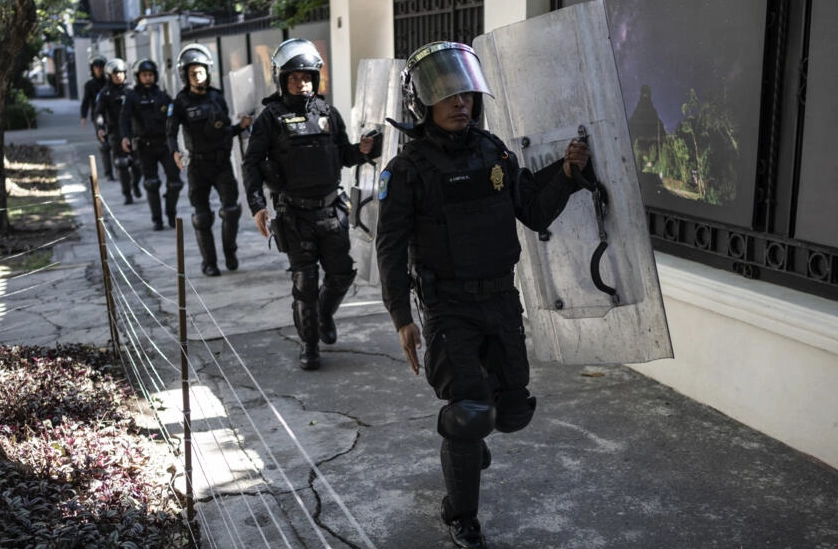and must be repudiated

The invasion of the Mexican embassy in Quito by the Ecuadorian police is a violation of the Vienna Convention and a huge setback in international and diplomatic law.
By Federico Ruiz (latinoamerica21)
HAVANA TIMES – International law is one of the significant advances of humanity and one of the most fragile. It is sustained by the principle of good faith between the parties and is the alternative to the “law of the strongest”. Diplomatic law has been a slow but sure conquest, based on hundreds of years of experience with ambassadors and the due consideration given to them in the receiving country.
The Vienna Convention on Diplomatic Relations of 1961 (entered into force in 1964) is accepted by the vast majority of the planet’s nations and is one of the considerable successes of International Law. Article 22 expressly states: “The premises of the mission shall be inviolable. The agents of the receiving State may not enter them without the consent of the head of the mission.” The action of the Ecuadorian government in invading without consent the Mexican embassy in Quito is a clear violation of the Vienna Convention and goes back countless years in international and diplomatic law.
To better exemplify the seriousness of the facts, it is worth remembering the very regrettable attack on the Chilean embassy in Costa Rica by an officer of the Costa Rican Public Force several years ago. At that time, despite the attack and the temptation on the part of the Costa Rican police to enter and try to neutralize the attacker, they did not do so until José Miguel Insulza — at that time Minister of the Interior of Chile and visiting Costa Rica — gave the authorization to enter. The order came four hours after the attack began. Costa Rica respected at all times the inviolability of the Chilean mission despite the urgency of the case.
Returning to the case of the violation of the Mex


